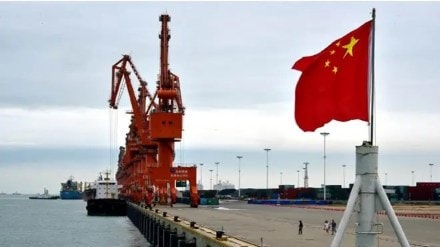Trade, import, export for MSMEs: India’s domestic enterprises, primarily micro, small and medium enterprises (MSMEs), in 36 sub-sectors can help reduce the country’s 40 per cent imports worth around $35 billion from China in a phased manner without any substantial extra investments, according to the industry body PHD Chamber of Commerce and Industry.
The products in these sub-sectors are manufactured at a lower volume in India, however, “the recent dynamic schemes announced by the government such as PLI and PM Gati Shakti have enhanced the sentiments of the Indian producers to produce more at the competitive cost which will give a considerable competition to China,” said chamber’s president Pradeep Multani in a statement.
Also read: CAIT asks traders to fill up stocks as shoppers gear up for festive season
According to the official data, India’s trade deficit with China had increased to $72.9 billion in FY22 amid a 44 per cent surge in imports to $94.16 billion from the previous year. “Imports from China have changed from low-value, low-cost products like toys and crackers to high-value items like electronics,” said Multani.
However, India has significant scope for producing more import substitution in the sectors including chemicals, automotive components, bicycle parts, agro-based items, handicrafts, drug formulations, cosmetics, consumer electronics, and leather-based goods among others, he added.
Also read: SIDBI and Tata Power’s TPRMG partner to foster green entrepreneurs
“It would have a positive cascading effect on the economy, as the equivalent amount of revenue would not only be added to the turnover of domestic enterprises (primarily MSMEs), but it would also be likely to translate to benefits through forward and backward linkages, as well as increasing the scope of employment generation,” the report said.
In a move to minimize dependence on imports from China and the USA and create employment opportunities, the industry body suggested focusing on labour-intensive industries such as toys and crackers.
Multani noted that MSMEs should be assisted in improving their cost competitiveness and catering to export markets as an alternative to importing from foreign countries to meet domestic demand.
The report sought proactive action by the government to scale up manufacturing chemicals, automotive components, bicycle parts, agro-based items, handicrafts, drug formulations, cosmetics, consumer electronics and leather-based goods. “This can be achieved without any substantial extra investment as the industries are already set up and thriving, it added.
